What's Wrong with a Gas Ducted Heater?
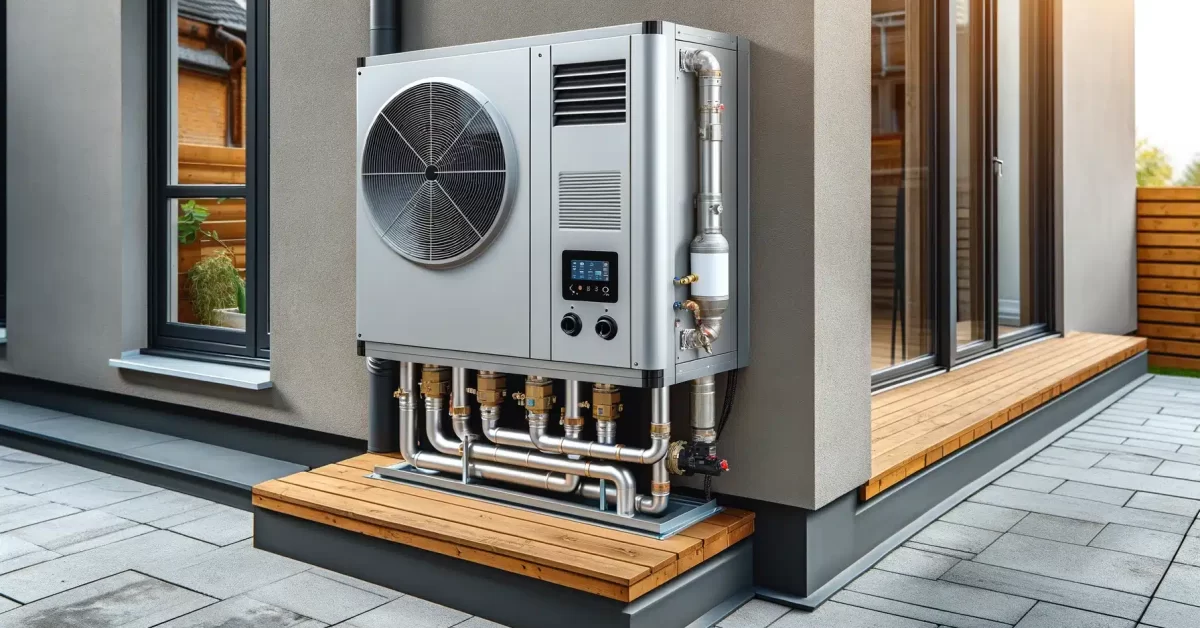
Heating is essential in many homes, especially during colder months. While gas ducted heaters have been a popular choice for hot water from years, they are not without their issues. Understanding these can help homeowners make informed decisions about their home heating solutions.
Common Problems with Gas-Ducted Heaters
Gas ducted heaters, while popular, can present several issues that impact both comfort and cost-efficiency in homes. Here are some of the most common problems associated with these systems:
- Inefficient Heating
- Older Models and Maintenance: Older gas ducted heaters or those that have not been regularly serviced can be significantly less efficient. They may require more energy to produce the same amount of heat as newer or well-maintained models.
- System Wear and Tear: Over time, components of the heater can wear out, affecting its efficiency. This deterioration can lead to a system that works harder and consumes more energy to maintain desired temperatures.
- Uneven Heating
- Ductwork Issues: Problems in the ductwork, such as leaks, blockages, or poor design, can lead to uneven distribution of heat. This results in certain rooms being too hot or too cold.
- Thermostat Problems: Inaccurate or poorly placed thermostats can cause the system to misread the actual temperature, contributing to inconsistent heating.
- Inadequate Sizing: A heater that is not appropriately sized for the space it needs to heat can struggle to maintain even temperatures throughout the home.
- High Energy Bills
- Increased Operational Costs: The inefficiencies in heating not only affect comfort but also lead to higher energy consumption. This is particularly noticeable during peak winter months.
- Cost of Repairs: Frequent breakdowns or the need for parts replacement in older systems can add to the overall costs.
- Environmental Concerns: Inefficient systems require more fuel, contributing to higher greenhouse gas emissions.
- Health and Comfort
- Air Quality Issues: Older or poorly maintained systems can circulate dust and allergens throughout the home, impacting indoor air quality.
- Humidity Imbalances: In some cases, gas-ducted heaters can affect the humidity levels in your home, making the air too dry, which can be uncomfortable for occupants.
Safety Concerns
The safety concerns associated with gas-ducted heaters are significant and warrant careful consideration. The most alarming of these is the risk of carbon monoxide (CO) poisoning. CO is a deadly, odorless, and colorless gas that is a byproduct of all combustion processes, including those used in gas heating. This risk underscores the importance of regular maintenance to ensure that the heating system is not only operating efficiently but, more critically, safely. An improperly functioning heater can lead to CO building up inside the home, posing a grave health risk to its occupants.
In addition to carbon monoxide risks, fire hazards are another serious concern when it comes to gas-ducted heaters. These risks are heightened if the heater is not properly installed or maintained. An oversight in installation or neglect in regular upkeep can turn a heating system into a significant fire hazard, potentially leading to devastating consequences. Additionally, gas leaks present another dangerous scenario. Natural gas, while not as toxic as CO, can be extremely flammable. A small spark in the presence of a gas leak can result in a serious explosion. Thus, detecting and addressing gas leaks immediately upon their discovery is crucial for safety.
Maintenance Issues
Addressing maintenance issues is key to mitigating many of the risks associated with gas-ducted heaters. Regular maintenance should include professional inspections and thorough cleaning to ensure that the system operates at peak efficiency and safety. Homeowners need to be vigilant about signs of wear and tear on their heating systems. Recognizing when to call in a professional for help is essential in preventing minor issues from escalating into major problems. Regular maintenance not only extends the lifespan of the heating system but also ensures it operates safely, providing peace of mind to homeowners.
Environmental Impact
The environmental impact of gas-ducted heaters is another aspect that cannot be overlooked. These systems emit greenhouse gases, contributing to environmental pollution and climate change. As society becomes more aware of and concerned about our environmental footprint, it’s important to consider the implications of our heating choices on the planet. This awareness is driving many homeowners to seek out more eco-friendly heating solutions.
Alternative Heating Solutions
In the quest for more efficient and environmentally friendly heating options, homeowners are increasingly turning to alternatives hot water solutions. These alternatives are gaining traction for several reasons:
- Solar Hot Water Systems: Utilizing the abundant energy of the sun, these systems are designed to heat water for home use. They significantly reduce reliance on fossil fuels, lowering carbon emissions. Additionally, after the initial installation, the operational costs are considerably lower compared to traditional heating methods. Solar hot water systems can be particularly effective in regions with ample sunlight, providing a sustainable and cost-effective solution for residential heating needs.
- Electric Heat Pumps: These are another popular alternative, known for their efficiency and environmental friendliness. Heat pumps work by extracting heat from the air or ground and using it to heat the home. They consume less electricity compared to traditional electric heaters and are more environmentally friendly than gas heaters.
- Geothermal Heating Systems: Although less common, these systems use the earth’s stable underground temperature to heat and cool homes. They are extremely efficient and have a minimal environmental footprint, though the initial installation can be more complex and costly.
- Biomass Heating Systems: Utilizing organic materials like wood pellets, these systems are a renewable and carbon-neutral method of heating. They are particularly suitable for areas where wood pellets are readily available and affordable.
These alternatives are not only better for the environment but can also offer long-term cost savings. As technology advances, these eco-friendly solutions are becoming more effective and accessible, making them a viable option for an increasing number of homeowners.
Upgrading Your System
If you’re facing frequent issues with your gas ducted heater, it might be an indication that it’s time to consider an upgrade. Modern heating systems are equipped with advanced features that significantly enhance safety, efficiency, and environmental friendliness. These systems are designed to provide more consistent and controlled heating, reducing the risks associated with older systems.
When considering an upgrade, it’s crucial to evaluate the initial investment against the potential long-term benefits. These benefits include reduced energy bills, lower maintenance costs, and a smaller carbon footprint. Additionally, modern systems are often equipped with smart technology, allowing for better control and monitoring of your home’s heating, leading to further efficiencies.
Upgrading to a more advanced system can be a wise investment, providing a more reliable, efficient, and safer heating solution for your home. It’s an important step not only for personal comfort and safety but also for contributing towards a more sustainable future.
Conclusion
While gas-ducted heaters have been a staple in many homes, their issues cannot be overlooked. Regular maintenance, awareness of safety concerns, and consideration of more efficient alternatives are crucial. By exploring options like hot water systems, homeowners can find more sustainable and cost-effective heating solutions.
COMPLETED PROJECTS, PARTNERS AND MEMBERSHIPS











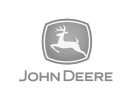












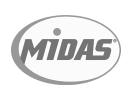
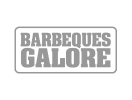

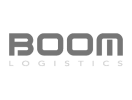





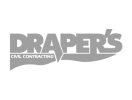



Australian Energy Upgrades Credentials
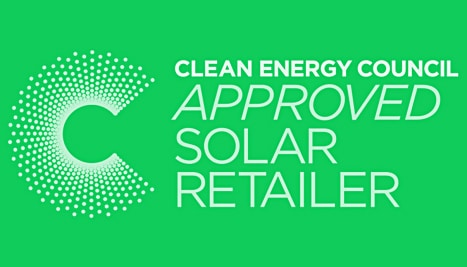
Australian Energy Upgrades have signed on to the Clean Energy Council Solar Retailer Code of Conduct – the only solar industry code of conduct authorised by the Australian Competition and Consumer Commission (ACCC).

Australian Energy Upgrades are registered solar installers with Solar Victoria. This allows us to provide eligible households with subsidised solar installations under the Solar Victoria Rebate scheme.
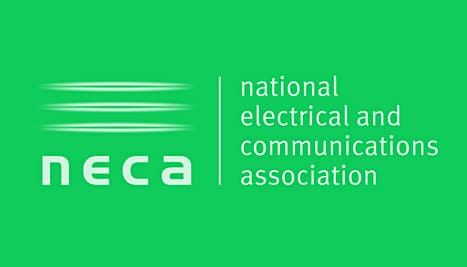
Australian Energy Upgrades is a member of the National Electrical and Communication Association (NECA), recognised nationally as the peak industry body of our field. Our membership ensures our employees have the highest level of training and resources available to fulfil our work to the highest possible standard.
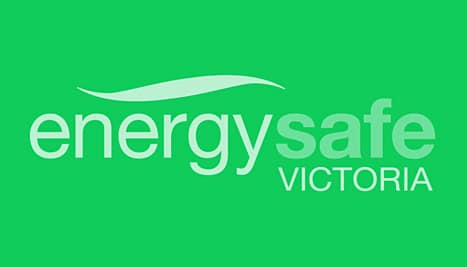
Australian Energy Upgrades holds a Registered Electrical Contracters license (REC:23631). You can be confident your installation is conducted to the highest level of safety and compliance in accordance with all Australian standards and regulations. We don’t just hire qualified people, we are qualified.
- 1300 996 917
- [email protected]
- P.O. Box 2077 Grovedale East 3216
Our passion is to help Australians become more energy independent. After a difficult 10 years of constant power company price increases, black-outs and coal-fired power plant failures, we’re seeing more Australians searching for a better solution.
